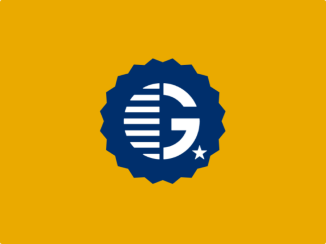routine

- 31-Oct-2016
A Day in Leuven
Hi Friends! Since my last blog post, I’ve visited Ostende, a coastal city in Belgium, and Gent, another beautiful cityRead More ⇾

- 26-Oct-2016
Gilman Scholar Allysa Grant Shares Her Moroccan Routine
https://www.youtube.com/watch?v=wFNm1pY7aCU

- 24-Oct-2016
Building and Breaking Routines
One aspect of studying abroad that is definitely similar to my time at UMass, and really probably life in general,Read More ⇾

- 14-Mar-2016
Developing a Routine in Morocco
Over the past few weeks, I have developed a routine: I wake up to the city-wide call to prayer inRead More ⇾

- 08-Aug-2015
Friends Taking the Shock Out of Culture
My first couple of weeks trying to manage what I will call my new and transformational “Chinese life” definitely presentedRead More ⇾

- 24-Jun-2013
An International Ambition
History has thrived upon an ability to dream. I have never received the comprehensive road map, or tutorial for directionRead More ⇾



